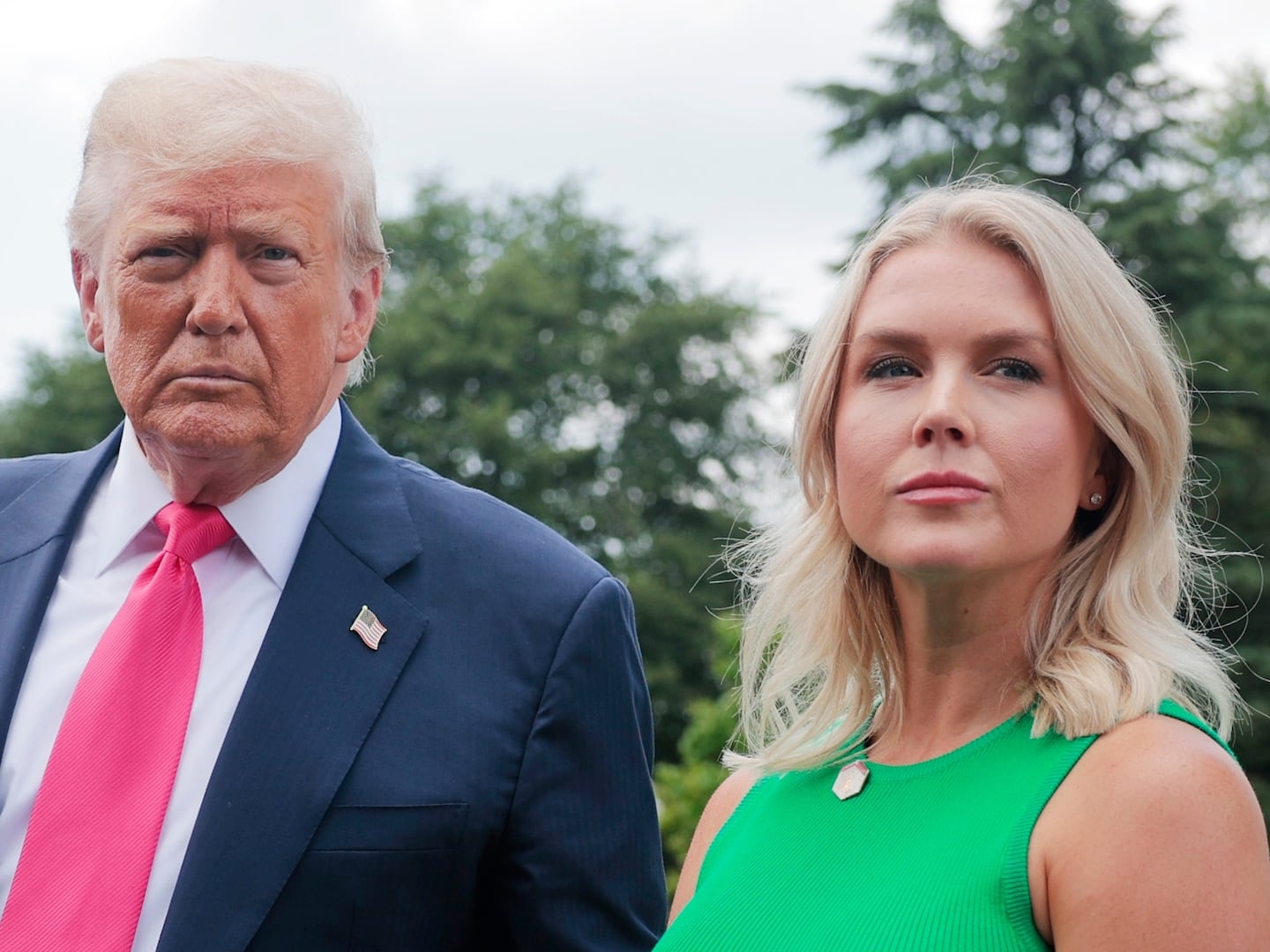TOKYO — Last week, Prime Minister Shinzo Abe pledged $200 million in non-military assistance to support countries affected by the campaign against ISIS during an ongoing six-day Middle East tour. Today (January 20th Japan time), The Islamic State released a video threatening to kill two Japanese hostages unless they receive a $200 million ransom in the next 72 hours.
The hawkish prime minister and his cabinet who have moved forward to remilitarize Japan under the guise of “collective self defense” are now in the difficult position of whether to negotiate with terrorists or to let two Japanese citizens be killed. Neither decision will have a happy outcome.
The two hostages are Kenji Goto, a respected freelance journalist, and Haruna Yukawa, a private security contractor.
The video released shows the men kneeling in orange jumpsuits that a British-accented ISIS terrorist video host then identifies. The spokesman notes that the ransom demand is to compensate for military aid that Abe had pledged during his Middle East tour.
“To the prime minister of Japan: Although you are more than 8,000 and 500 kilometers (5,280 miles) from the Islamic State, you willingly have volunteered to take part in this crusade,” says the man who sounds much like the British host of other ISIS terror videos. “You have proudly donated $100 million to kill our women and children, to destroy the homes of the Muslims.”
According to Japan’s FNN News, the family of Goto was contacted early last November and asked to pay the equivalent of ten million dollars in ransom money. Reportedly, the Japanese government linked the kidnappers to the men who beheaded American journalist James Foley. His death galvanized the American public and spurred President Obama to expand the war against ISIS.
Abe, speaking to reporters Tuesday, vowed to rescue the men saying, “Our top priority is saving their lives.” While publicly stating that they would do everything to save the lives of the men, according to a senior Liberal Democratic Party official speaking on background, the administration is already getting ready for the worst .
The official noted Abe will not negotiate with the terrorists and the most likely outcome is that the two men will be killed. The Japanese public reaction will be negative but the costs of paying would be far more damaging, he added.
Yukawa was reportedly kidnapped last August after going to Syria to train with militants. Goto is a veteran reporter on Middle East affairs who has reportedly been missing since October of last year.
The question for Prime Minister Abe is he willing to spend $200 million dollars to save two lives at the cost of losing face and his credibility as a hawk. The answer for the moment appears to be, no.
While on the surface Abe appears to be distressed about the situation, the acts of terrorism by ISIS towards Japan may give impetus to him and the ruling coalition to reinterpret the constitution to allow Japan to join its allies in overseas wars
Article 9 of the Japanese constitution, drafted by American officials during the occupation following World War II, renounces war as a sovereign right of the Japanese nation and forbids the threat or use of force as a means of settling international disputes. Japan has maintained a “defense-only ” policy for decades. However, the Abe cabinet using the term “collective self-defense” issued a decision last year officially reinterpreting the constitution to allow Japan to participate in war if Japan’s allies are attacked, among other conditions.
In his press conference on the hostage crisis Abe was sure to say, “There are three conditions for exercising self defense. In any event, Japan needs to get its security laws in order to ensure smooth and unpunctuated counter measures,” making another appeal to scrap Japan’s pacifist constitution and create a standing Army.
In an interview with Foreign Affairs in 2013, Abe was very blunt about his desire to get rid of Japan’s pacifist constitution and concluded his interview by arguing that the Japanese public would support changing the constitution if they just had a convincing reason.
“Only 30 percent of the people support enabling the right to use force for collective self-defense,” he said. “But when we present a specific case involving, for instance, a missile launch by North Korea, and we explain to the public that Japan could shoot down missiles targeting Japan, but not missiles targeting the U.S. island of Guam, even though Japan has the ability to do so, then more than 60 percent of the public acknowledges that this is not right.”
The gruesome death of two Japanese nationals because Japan won’t pay ransom money may cause a dip Abe’s popularity but bolster his agenda to re-militarize the nation.





